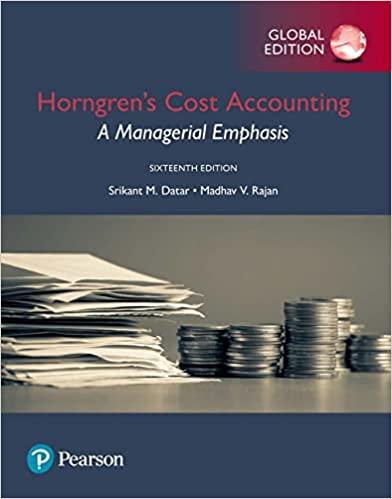Item 2 of 5 (20 points) Reba Dixon is a 47-year-old, unmarried taxpayer who asks for your help in preparing her 2020 Form 1040 U.S. Individual Income Tax Return. Reba is not a surviving spouse and paid over half the cost of keeping up a home in which she lived all year with her 17-year-old son, Tim, a high- school student for the entire year. Tim earns $5,000 of interest income from corporate bonds he owns that were given to him as a gift from a grandparent. Reba works as an employee, earns an annual salary of $70,000, and provides over one-half of Tim's total support during the year. Reba's only other source of income is $3,000 of interest earned on municipal bonds she owns. Reba can claim $14,000 of itemized deductions. a) Can Reba claim her son, Tim, as a dependent according to the qualifying child rules? Explain how her son meets or does not meet each of the specific requirements for being Reba's qualifying child. Can Reba claim her son, Tim, as a dependent according to the qualifying relative rules? Explain how her son meets or does not meet each of the specific requirements for being Reba's qualifying relative. b) List each of the filing statuses that are possible for Reba to use as an unmarried person when she prepares her Form 1040 tax return. Which of those filing statuses should Reba correctly select if she wants to minimize her 2020 tax liability? Explain to Reba how you know that she qualifies to correctly use that filing status. Also, explain whether Reba will be able to claim a child tax credit for Tim. c) What is the correct amount of Reba's standard deduction? Explain how Reba will determine whether to claim the standard deduction or her itemized deductions, and whether she is entitled to claim an additional standard deduction. Also, instead of earning an annual salary of $70,000 working as an employee, now assume that Reba earns $70,000 of net profit from her own Schedule C, sole proprietorship business. Identify and describe the two specific deductions that Reba will now be entitled to claim. Although both of these deductions will lower Reba's taxable income, which one will also lower the amount of her adjusted gross income? d) Explain how you know that Tim is subject to the kiddie tax. What is the total amount of tax that Tim will owe on his interest income? Show each step of your calculation. Also, instead of earning $5,000 of interest income from corporate bonds, now assume that Tim eams $5,000 of wages from working a part-time job. Describe how you know whether Tim will still be subject to the kiddie tax, and what is the total amount of tax that Tim will owe on this income? Show each step of your calculation







